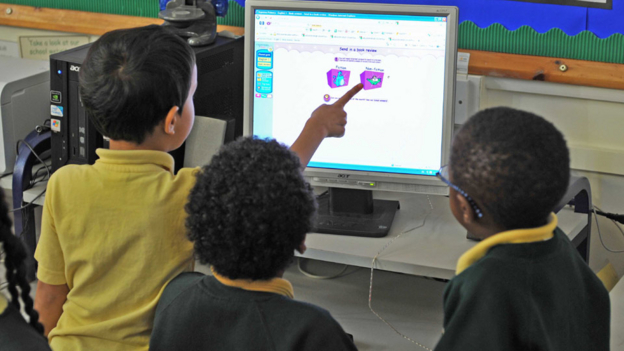I might be preaching to the choir (offene Türen einrennen) here, but have any of you ever read EU publications and been totally baffled by what you read?
Here’s an example of what I mean: „Evaluating such a unique scheme is a particular challenge for all actors involved. Evaluation modalities have gone through significant changes over recent years“
An easier way to say this could be: „Evaluating this unique scheme is challenging to all involved parties, especially as the evaluation procedure has changed significantly in recent years.“ Does it make more sense now?
Fortunately, there’s an invaluable resource out there, for free, in digital format. It’s (quite descriptively) called Misused English Words & Expressions in EU Publications and is authored by Jeremy Gardner, who works for the EU Court of Auditors. His website and the 59-page-long .pdf glossary of the misused words and expressions are available at: euenglish.webs.com
I’ll be sharing some of the most useful (for non-EU-employed German speakers) entries from Mr. Gardner’s document, as well as adding a few exercises to each entry for you to try out. Leave your completed exercises, as well as any other thoughts about the Misused Words list in the comments! I’ll get back to you ASAP!
Here we go with:
1) Actual
Explanation:
“Actual” is sometimes used to refer to something that is happening now. However, in English it means “real” or “existing”. Sometimes, native speakers use the word informally to express surprise or give new (or more truthful) information, much like German speakers would use tatsächlich or eigentlich.
Authentic Example:
„This appropriation is intended to cover basic salaries of the staff, as listed in the attached table, based on the actual regulations and on the probable adjustments“. =aktuell
Alternatives: Current, present.
Further Examples of Correct Usage:
„Dr. Herrmann isn’t in the office today. She’s actually in Cottbus, meeting with some project leaders.“ = tatsächlich
„Could you stop doing that and focus on your actual work instead?“ =eigentlich
Exercises: fill in the blank with the correct word – actual(ly), current(ly), present(ly)
- a) We’re all ___________ in the office. Nobody is on vacation.
- b) I don’t think that’s the ___________ problem. Henry just didn’t want to go into it.
- c) I don’t need to see the figures from the first quarter; I need the ___________ quarterly figures!
- d) Are you ___________ going to go to the Halloween party dressed as Donald Trump? You’re absolutely crazy!




